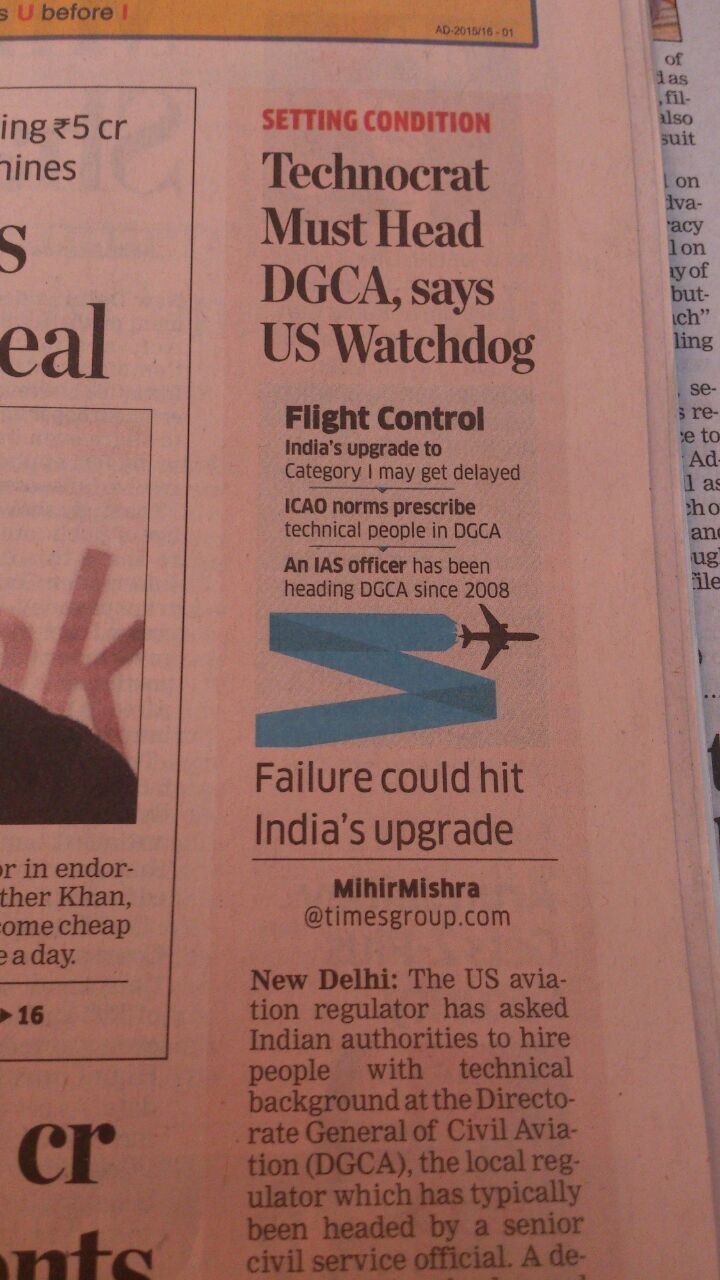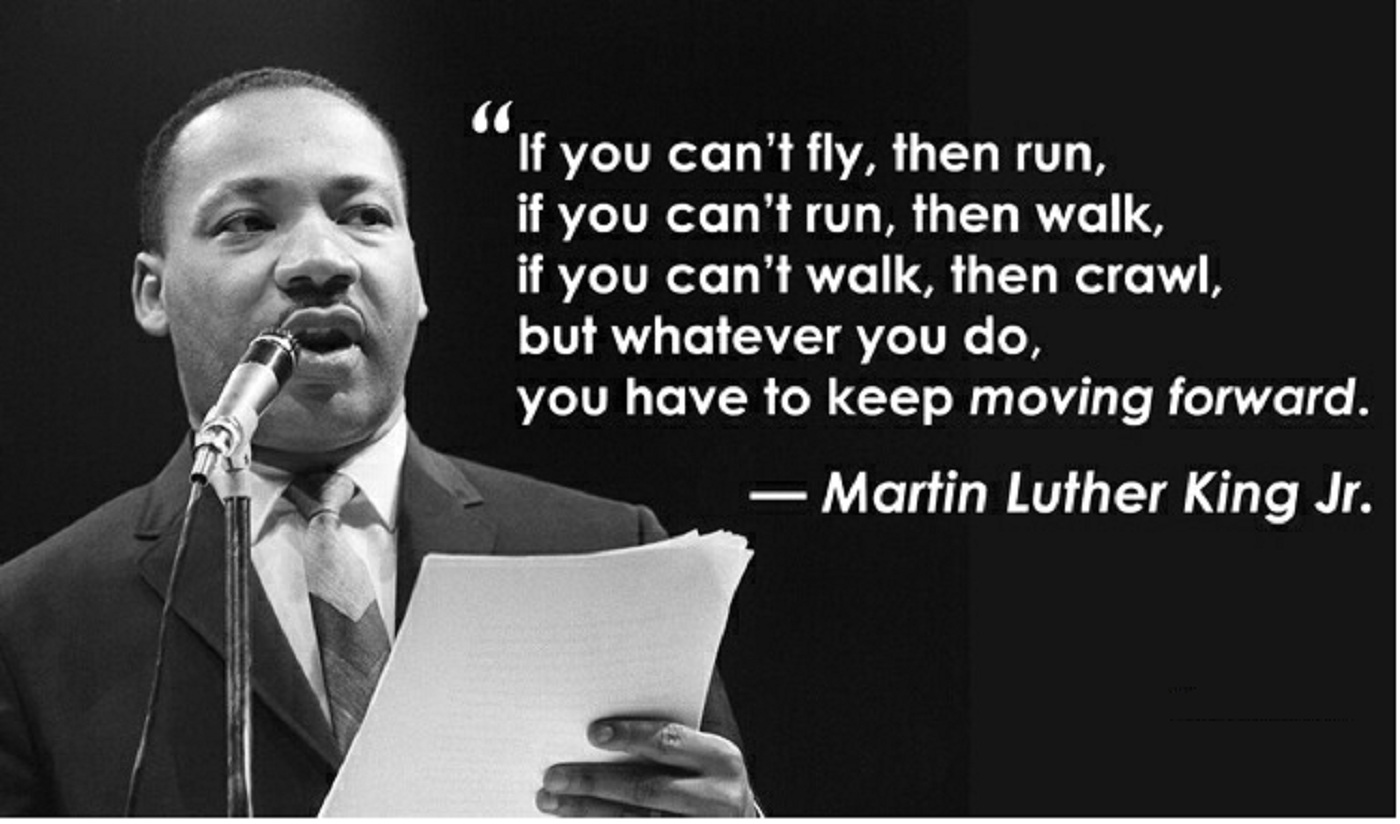




January 7th, 2016 | Volume: 2 - 4 /1
ISIS not a significant force in Afghanistan, CEO Abdullah says
Khaama Press | 6th January
Amid concerns that the loyalists of the Islamic State of Iraq and Syria (ISIS) terrorist group are gaining foothold in Afghanistan, the Chief Executive Officer, Abdullah Abdullah has said the presence of the loyalists of the terror is not a significant force.
Situation in Afghanistan Remains Challenging: US
Daily Outlook Afghanistan | 7th January
The situation in Afghanistan remains challenging and the best way to ensure security in the war-torn country is through an Afghan-led peace process, the US has said, hours after an American soldier was killed and two others wounded in Helmand province bordering Pakistan.
PM Hasina praises teachers, glorifies their role
The Independent| 6th January
Prime Minister Sheikh Hasina on Wednesday said showered praises on teachers saying that their dignity is above everything as there is no way to compare teachers with others.
Export to US up 16.79pc in July-Nov
The Financial Express| 6th January
Export earnings from the USA, the largest export destination for Bangladesh products, witnessed a robust 16.79 per cent growth during the first five months (July-November) of the current fiscal (2015-2016), mostly due to the RMG sector's good performance.
World Bank global report forecasts 6.7 percent GDP growth for Bangladesh in 2015-16
Bdnews24| 7th January
The World Bank has forecast that Bangladesh's gross domestic product will grow by 6.7 percent in the current 2015-16 fiscal year. It credits increases in infrastructure spending and the hike in wages in the public sector for the acceleration in growth.
Bhutan escapes with minor damages
KUENSEL | 6th January
The 6.7 magnitude earthquake on January 4 had affected 248 structures in the country with most damages reported in the eastern dzongkhags, as they are closer to the epicentre in Manipur, India.
Bhutan role model for world: Johannes Binder
KUENSEL | 6th January
Bhutan has vast potential to serve as a role model for the world in diverse fields such as sustainable tourism and alternative energy in the region, according to the new Resident Representative (RR) of Austria to Bhutan Johannes Binder.
Maldives chief prosecutor linked to graft laden banquet deal
Haaveru Online| 5th January
Chief prosecutor has links to the corruption laden state banquet deal which was hosted by the president to mark the fiftieth anniversary of independence, Haveeru has found. Anti-Corruption Commission (ACC) had sought abuse of power charges against Mohamed Hussain Shareef, a former minister at the President's Office over the awarding of the contract to Newport, a posh cafe in capital Male which is relatively new to the catering business, for about MVR3.8 million.
Maldives seeks new criminal, civil judges
Haaveru Online| 6th January
Judicial watchdog opened applications Wednesday for the bench of the Criminal Court and the Civil Court. In an announcement, Judicial Service Commission (JSC) said applications are open for two vacant posts at each of the courts.
Suu Kyi's victorious party to join parliament on February 1
AFP / Mizzima | 6th January
Members of Aung San Suu Kyi's victorious pro-democracy party will take their seats in parliament on February 1, Myanmar's speaker said Wednesday, beginning a new era for a nation under army rule for decades. Suu Kyi led her National League for Democracy to a big majority in landmark elections in November, crowning the struggle against almost half a century of military rule.
Prime Minister KP Sharma Oli to start foreign visit from India
Himalayan News Service / The Himalayan Times | 7th January
Prime Minister KP Sharma Oli will go to India before China in his maiden foreign visit. Deputy Prime Minister and Foreign Minister Kamal Thapa today confirmed PM Oli would kick off his foreign trips from India, soon.
Nepal-India meeting on Pancheshwor put off
Rastriya Samachar Samiti / The Himalayan Times | 6th January
The Nepal-India joint meeting of Energy Secretaries, slated to take place on Thursday to hold discussions on the Pancheshwor Development Authority, has been put off citing lack of preparation. The next meeting on this multipurpose joint undertaking of Nepal and India is likely to be held in the last week of January or in the first week of February, added Sharma.
Nawaz assures support after Modi's call for action
The Nation | 6th January
Prime Minister Nawaz Sharif currently in Sri Lanka on an official visit approached his Indian counterpart Narendra Modi and assured him all-out cooperation in hunting down the perpetrators of Pathankot airbase attack, hours after their national security advisers spoke to each other.
Espionage tussle: Pakistan expels Bangladesh diplomat
The Nation | 6th January
Pakistani government has asked Bangladesh to withdraw one of its diplomats from Islamabad, Dhaka said Wednesday, in apparent retaliation after the expulsion of a Pakistani envoy who allegedly funded a suspected extremist on trial for espionage.
Army stresses ‘zero tolerance' for terrorist groups
DAWN | 7th January
Chief of Army Staff Gen Raheel Sharif has praised security forces and intelligence agencies for their achievements in operations against terrorist groups in urban areas and stressed "zero tolerance" for such outfits.
Evidence against Asif Zardari disappears
Pakistan Observer | 7th January
Key evidence against former president Asif Ali Zardari in assets reference case has disappeared, increasing the likelihood of his acquittal in the case.
Sri Lanka says no fighter jets deal with Pakistan
Colombo Page | 7th January
The Sri Lankan government has denied reports that it has signed an agreement with Pakistan to purchase eight JF-17 Thunder aircraft despite Indian pressure.
IMF Executive Director meets Sri Lanka Finance Minister
Colombo Page | 6th January
Executive Director of International Monetary Fund (IMF) Dr. Subir Gokarn met Sri Lankan Minister of Finance Ravi Karunanayake at the Finance Ministry premises. Dr. Gokarn speaking on the occasion said currently he is observing economic activities in the Asian region and he selected Sri Lanka as the first stop of his observation tour.
Security forces on alert for IS groups in Sri Lanka
Colombo Gazette | 6th January
The Ministry of Defence (MOD) says the security forces are on full alert to identify if there are Islamic State (IS) terrorist members operating in Sri Lanka.
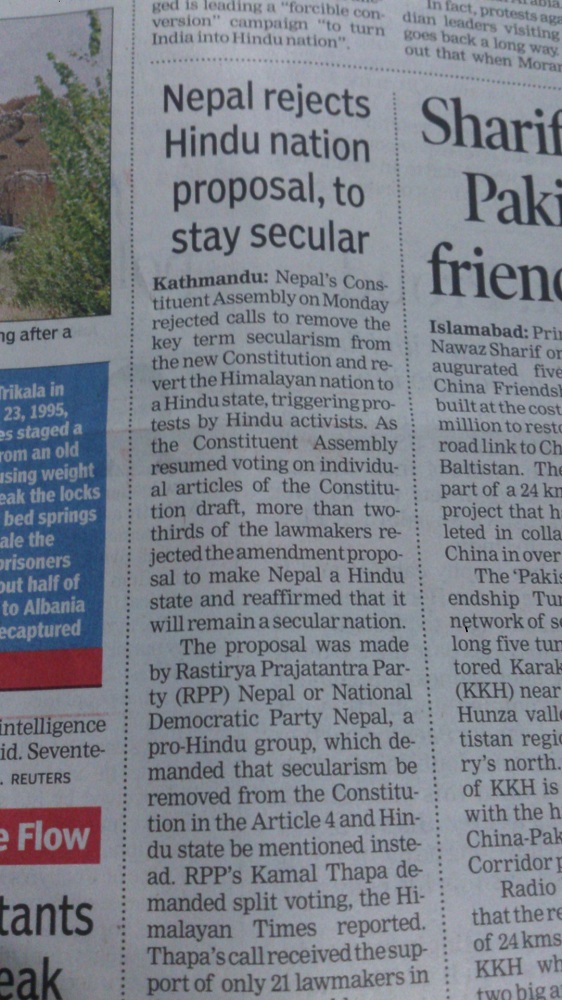
KATHMANDU: A proposal to declare Nepal a Hindu state was overwhelmingly rejected by the constituent assembly on Monday which reaffirmed that the Hindu-majority nation will remain secular. The proposal made by pro-Hindu National Democratic Party Nepal to amend the constitution to make Nepal a Hindu state was rejected by more than two-thirds of lawmakers who declared that the country should remain secular as the constituent assembly resumed voting on individual articles of the draft constitution.
After assembly chairman Subas Chandra Nembang announced that the proposal has been rejected, Kamal Thapa, leader of the National Democratic Party Nepal, demanded split voting. Thapa's proposal for a vote received the support of only 21 lawmakers in the 601-seat constituent assembly. As the CA rules requires 61 members to begin the split voting, the voting was not done. The erstwhile Hindu state, Nepal was declared a secular state in 2007 after the success of the people's movement of 2006 that saw the abolition of monarchy.
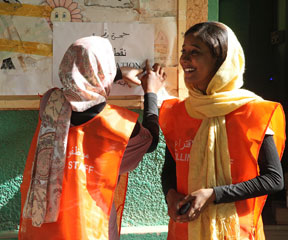
In the community of nations, governance is considered "good" and "democratic" to the
degree in which a country's institutions and processes are transparent. Its institutions
refer to such bodies as parliament and its various ministries. Its processes include such
key activities as elections and legal procedures, which must be seen to be free of corruption
and accountable to the people. A country's success in achieving this standard has become a
key measure of its credibility and respect in the world.
Good governance promotes equity, participation, pluralism, transparency, accountability and
the rule of law, in a manner that is effective, efficient and enduring. In translating these
principles into practice, we see the holding of free, fair and frequent elections,
representative legislatures that make laws and provides oversight, and an independent
judiciary to interpret those laws.The greatest threats to good governance come from corruption, violence and poverty, all of
which undermine transparency, security, participation and fundamental freedoms.
Democratic governance advances development, by bringing its energies to bear on such tasks
as eradicating poverty, protecting the environment, ensuring gender equality, and providing
for sustainable livelihoods. It ensures that civil society plays an active role in setting
priorities and making the needs of the most vulnerable people in society known.
In fact, well-governed countries are less likely to be violent and less likely to be poor.
When the alienated are allowed to speak and their human rights are protected, they are less
likely to turn to violence as a solution. When the poor are given a voice, their governments
are more likely to invest in national policies that reduce poverty. In so doing, good
governance provides the setting for the equitable distribution of benefits from growth.
The UN system works closely with governments to achieve these ends. It also works closely
civil society, a term which encompasses a wide range of organizations and groups from the
private sector having varying interests and objectives, including professional, business,
service, religious and recreational bodies. (Adapted from a UN Cyberschoolbus briefing paper
on governance)
"...as we all know, infrastructure is not just a matter of roads, schools and power grids.
It is equally a question of strengthening democratic governance and the rule of law. Without
accountability, not only of the government to its people but of the people to each other,
there is no hope for a viable democratic State. ." Secretary-General Ban Ki-moon, Remarks to the Security Council on Timor-Leste 19 February
2009
The UN system promotes good governance through many avenues. The UN Development Programme
(UNDP), for example, actively support national processes of democratic transition. In the
process, it focuses on providing policy advice and technical support and strengthening the
capacity of institutions and individuals. It engages in advocacy and communications,
supports public information campaigns, and promotes and brokers dialogue. It also
facilitates "knowledge networking" and the sharing of good practices.
The International Monetary Fund (IMF) promotes good governance through its programmes of
lending and technical assistance. Its approach to combating corruption emphasizes
prevention, through measures that strengthen governance. The IMF encourages member countries
to improve accountability by enhancing transparency in policies, in line with internationally
recognized standards and codes. In its work with poor countries, the IMF emphasizes adequate
systems for tracking public expendituresrelating to poverty reduction. In its regular
consultations with its members, the IMF also provides policy advice on governance-related
issues.
The United Nations Democracy Fund (UNDEF), established in 2005, supports projects that
strengthen the voice of civil society, promote human rights, and encourage the participation
of all groups in democratic processes. The bulk of its funds go to local civil society
organizations, both in the transition and consolidation phases of democratization. In
these ways, it complements the UN's work with governments to strengthen democratic governance
worldwide.
The United Nations Public Administration Network (UNPAN) was created to set up an
internet-based network to link regional and national public administration institutions.
Its facilitates the exchange of information and experience, as well as training in the area
of public sector policy and management. Its long-term goal is to build the capacity of these
regional and national institutions, with the aim of improving public administration overall.
Through such measures as these, the promotion of good governance now runs like a thread
through all UN system activities.
According to the Pew Research Center's religious profile predictions assessed data released
on Thursday, the Hindu population is projected to rise by 34 per cent worldwide, from a
little over 1 billion to nearly 1.4 billion by 2050.
By 2050, Hindus will be third, making up 14.9 per cent of the world's total population,
followed by people who do not affiliate with any religion, accounting for 13.2 per cent, the
report said.
The people with no religious affiliation currently have the third largest share of the
world's total population. 'Muslims are projected to grow faster than the world's overall
population and that Hindus and Christians are projected to roughly keep pace with worldwide
population growth, the report said.
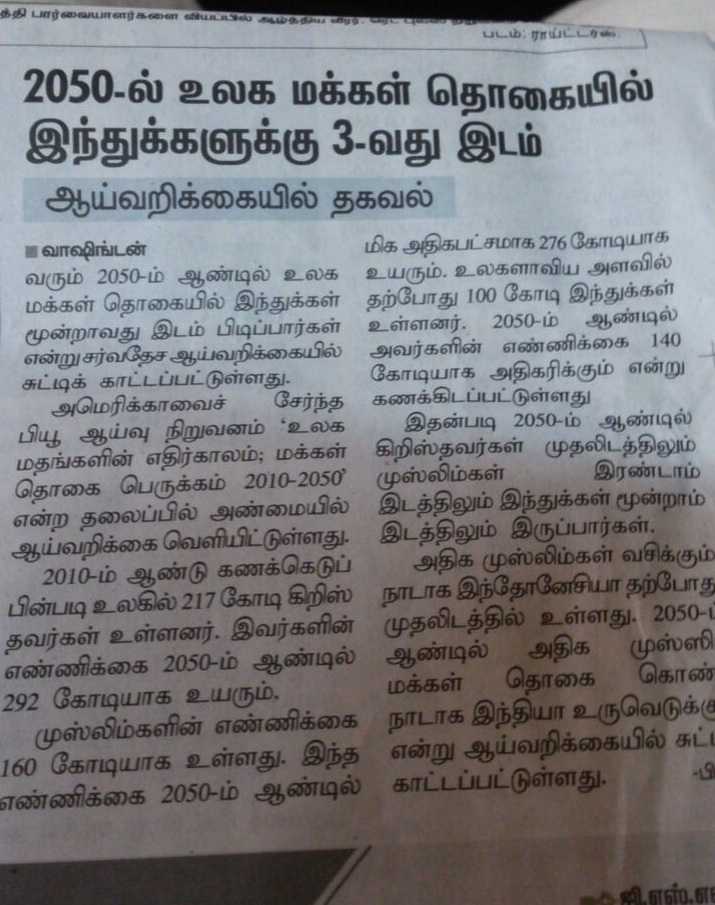
Kofi Annan and Gro Harlem Brundtland call for the United Nations to be strengthened. Writing in an opinion piece published around the world, they outline four ways to make the organisation more effective.
Seventy years ago, the United Nations was founded "to save succeeding generations from the scourge of war".
Looking around the world today, the least one can say is that it is not fully succeeding in this mission. From Nigeria through the Middle East to Afghanistan and Ukraine, millions are dying from that scourge, or imminently threatened by it, and the UN seems powerless to save them.
We have four ideas for making it stronger and more effective.
A big part of the problem is that the Security Council, which is supposed to maintain world peace and security on behalf of all member states, no longer commands respect - certainly not from armed insurgents operating across borders, and often not from the UN's own members.
Throughout the world, and especially in the Global South, people struggle to understand why, in 2015, the Council is still dominated by the five powers than won World War Two. They are more and more inclined to question its authority, and the legitimacy of its decisions.
We ignore this threat at our peril. Times have changed since 1945, and the Council must adapt.
Almost everyone claims to favour expanding the Security Council, to include new permanent members, but for decades now states have been unable to agree who these should be, or whether, like the existing ones, they should have the power to veto agreements reached by their fellow members.
Our first idea aims to break this stalemate. Instead of new permanent members, let us have a new category of members, serving a much longer term than the non-permanent ones, and eligible for immediate re-election. In other words they would be permanent, provided they retained the confidence of other member states. Surely that is more democratic?
Secondly, we call on the five existing permanent members to give a solemn pledge. They must no longer allow their disagreements to mean that the Council fails to act, even when - for instance, as currently in Syria - people are threatened with atrocious crimes.
Let the Five promise never to use the veto just to defend their national interests, but only when they genuinely fear that the proposed action will do more harm than good to world peace and to the people concerned. In that case, let them give a full and clear explanation of the alternative they propose, as a more credible and efficient way to protect the victims. And when one or more of them do use the veto in that way let the others promise not to abandon the search for common ground, but to work even harder to find an effective solution on which all can agree.
Thirdly, let the Council listen more carefully to those affected by its decisions. When they can agree, the permanent members too often deliberate behind closed doors, without listening to those whom their decisions most directly affect. From now on, let them - and the whole Council - give groups representing people in zones of conflict a real chance to inform and influence their decisions.
And finally, let the Council, and especially its permanent members, make sure the UN gets the kind of leader it needs. Let them respect the spirit as well as the letter of what the Charter says about choosing a new Secretary-General, and no longer settle it by negotiating among themselves behind closed doors.
Let us have a thorough and open search for the best qualified candidates, irrespective of gender or region; let the Council then recommend more than one candidate for the General Assembly to choose from; and let the successful candidate be appointed for a single, non-renewable term of seven years. He or she - and after eight "he"s it's surely time for a "she" - must not be under pressure to give jobs or concessions to any member state in return for its support. This new process should be adopted without delay, so that it can be used to find the best person to take over in January 2017.
These four proposals are spelt out in greater detail in a statement issued today by The Elders. We believe they form an essential starting point for the UN to recover its authority. And we call on the world's peoples to insist that their governments accept them, in this, the UN's 70th anniversary year.

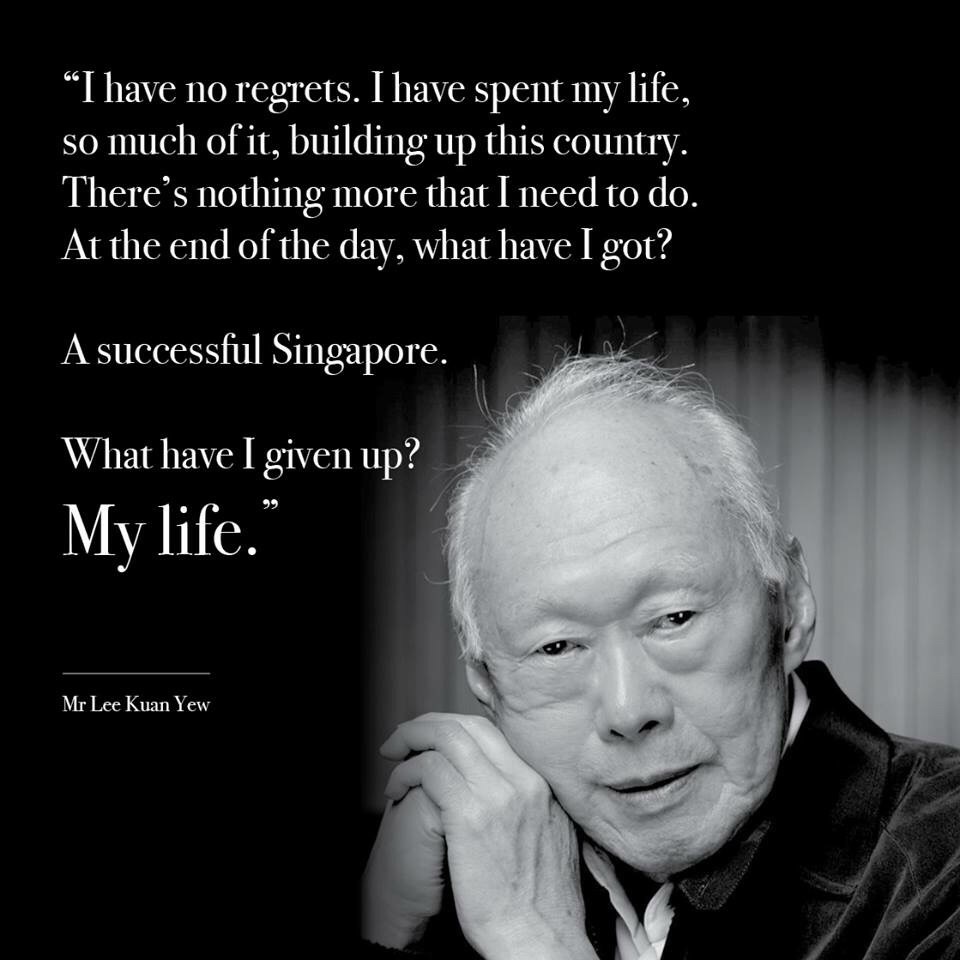
Lee Kuan Yew, who dominated Singapore politics for more than half a century and transformed the former British outpost into a global trade and finance powerhouse, setting a template for emerging markets around the world died Monday 23rd Mar 2015. He was 91 years old.
Mr. Lee, led Singapore for 31 years as its founding prime minister. Mr. Lee's core principles including a focus on clean and efficient government, business-friendly economic policies, and social order-helped attract massive investment and many of the world's biggest companies to Singapore after he became prime minister in 1959, catapulting living standards to First World status from Third World levels in hardly more than a generation.
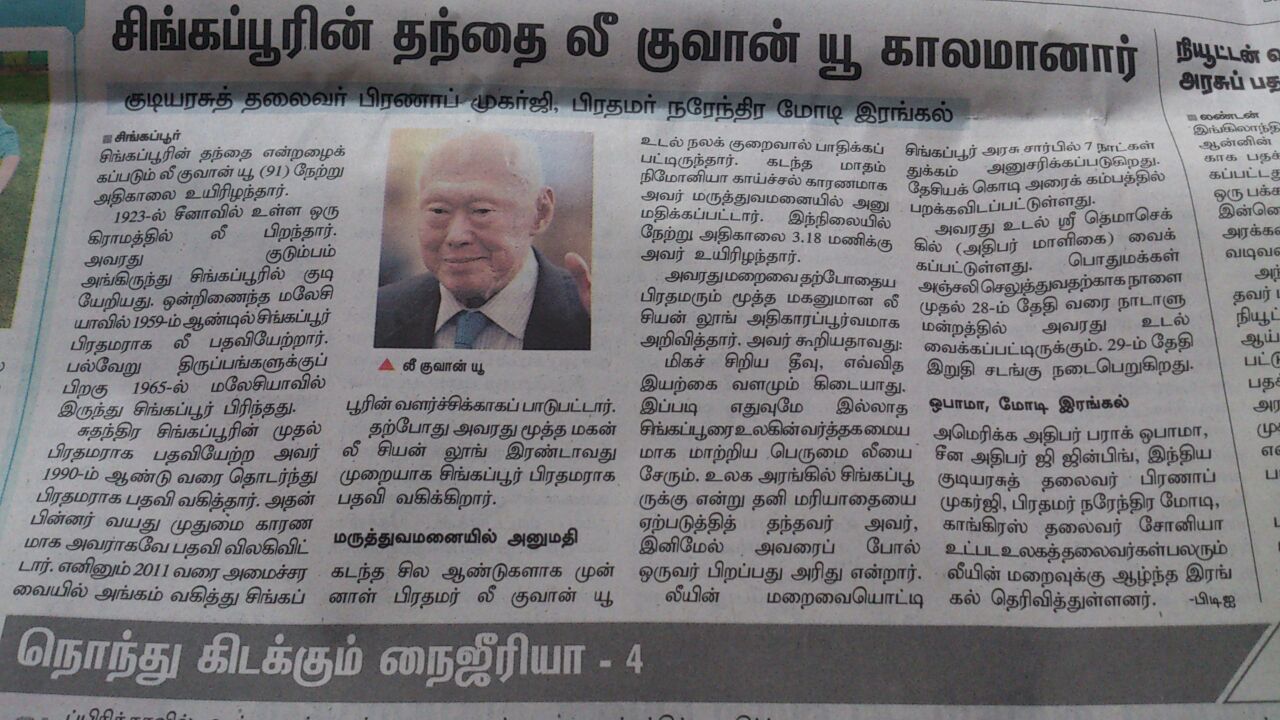

"If they (Pakistan) wants peace, reconciliation, Pakistan PM Nawaz Sharif, its establishment must control them (terrorism)," he told the J&K assembly after opposition created a ruckus demanding adjournment of the question hour. This is the first statement that has come from the CM after the twin attacks in Jammu.
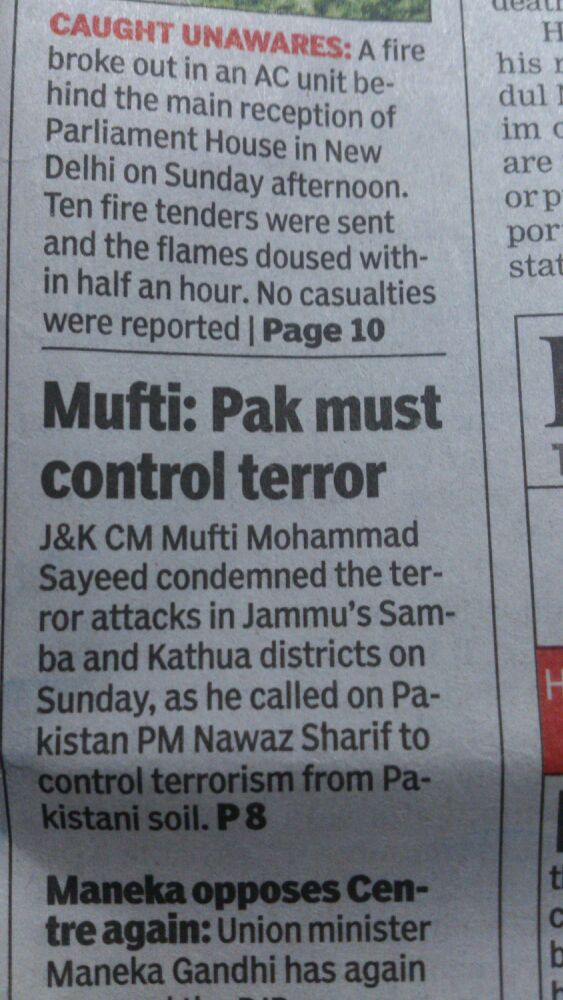
MUMBAI: Describing India's large young population as a key strength for growth, former deputy managing director at IMF John Lipsky on Tuesday called for education and skilling in particular for sustainable high growth.
"Education is a big challenge for India.. to make sure that this young population is adequately trained and have the opportunity to acquire skill.. otherwise a rapid growth in population can also create problems," Lipsky said. He said the medium-term growth prospects for the country seems very good and he does not have any reason to differ from the higher forecasts made earlier by the IMF managing director Christine Lagarde and the OECD.
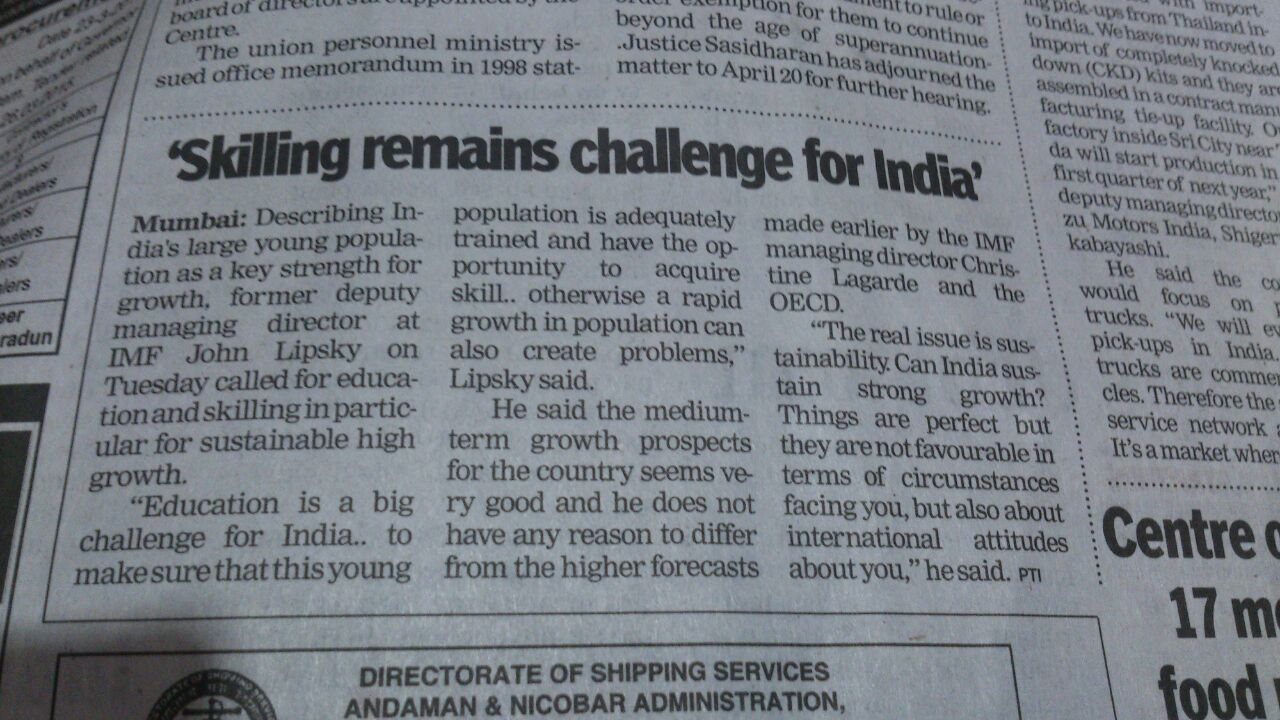
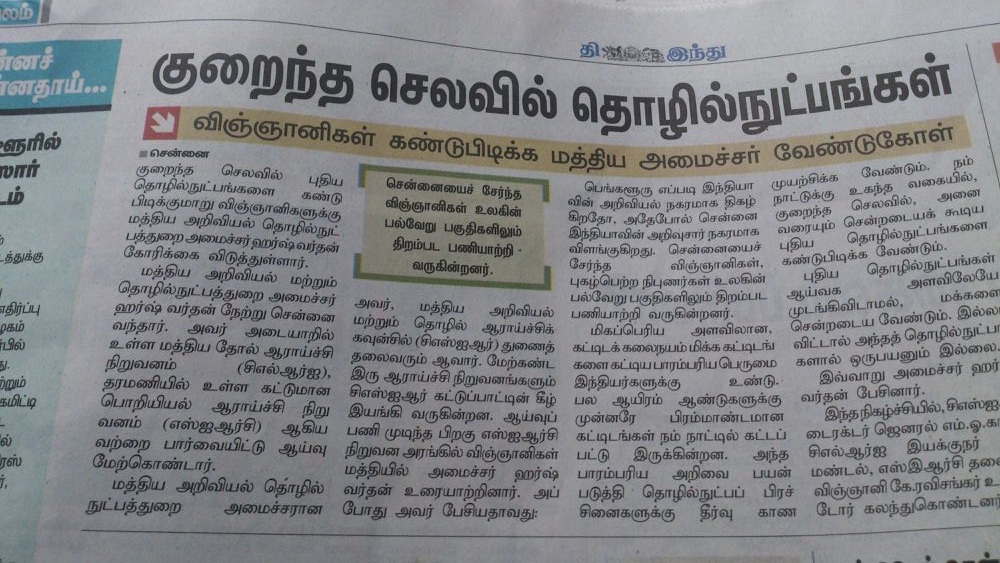
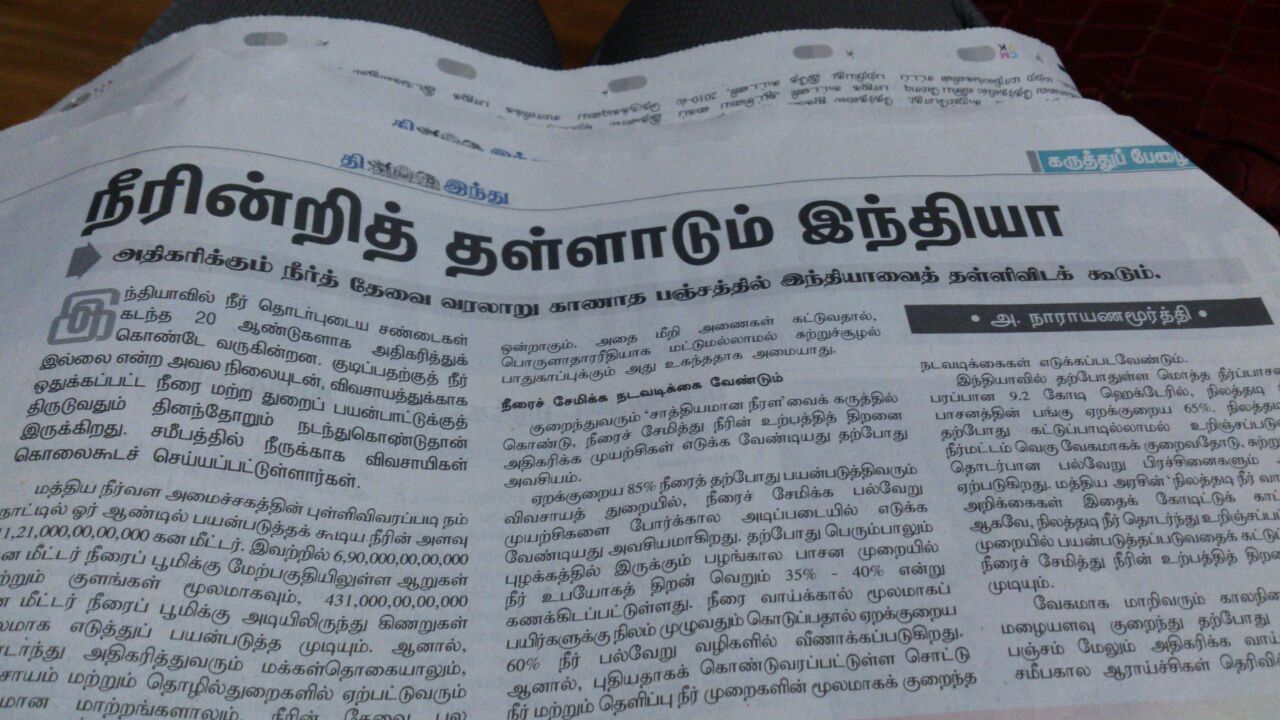
The US aviation regulator has asked Indian authorities to hire people with technical background at the Directorate General of Civil Aviation (DGCA), the local regulator which has typically been headed by a senior civil service official. A delay in meeting the demand could potentially hamper India's prospects of getting back the top rating by the most powerful aviation authority in the world.
